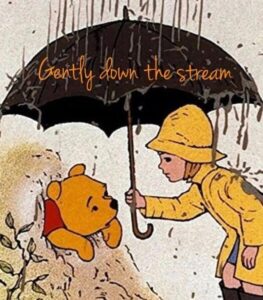The Cherry Blossom and the Wisdom of Impermanence
The cherry blossom or Sakura is one of the most beautiful trees you will come across. Its ethereal petals hued in shades of pink and white adorn the branches of the trees with elegance. In Japan, Sakura holds deep cultural meaning, symbolizing good luck, love, and the start of spring. People eagerly anticipate the blooming of Sakura, to behold its heavenly beauty, as it lasts only for a brief period. This ephemeral quality is often paralleled to the transient nature of human existence. Within its fleeting beauty lies a profound lesson on life’s impermanence. It imparts a poignant reminder of...







